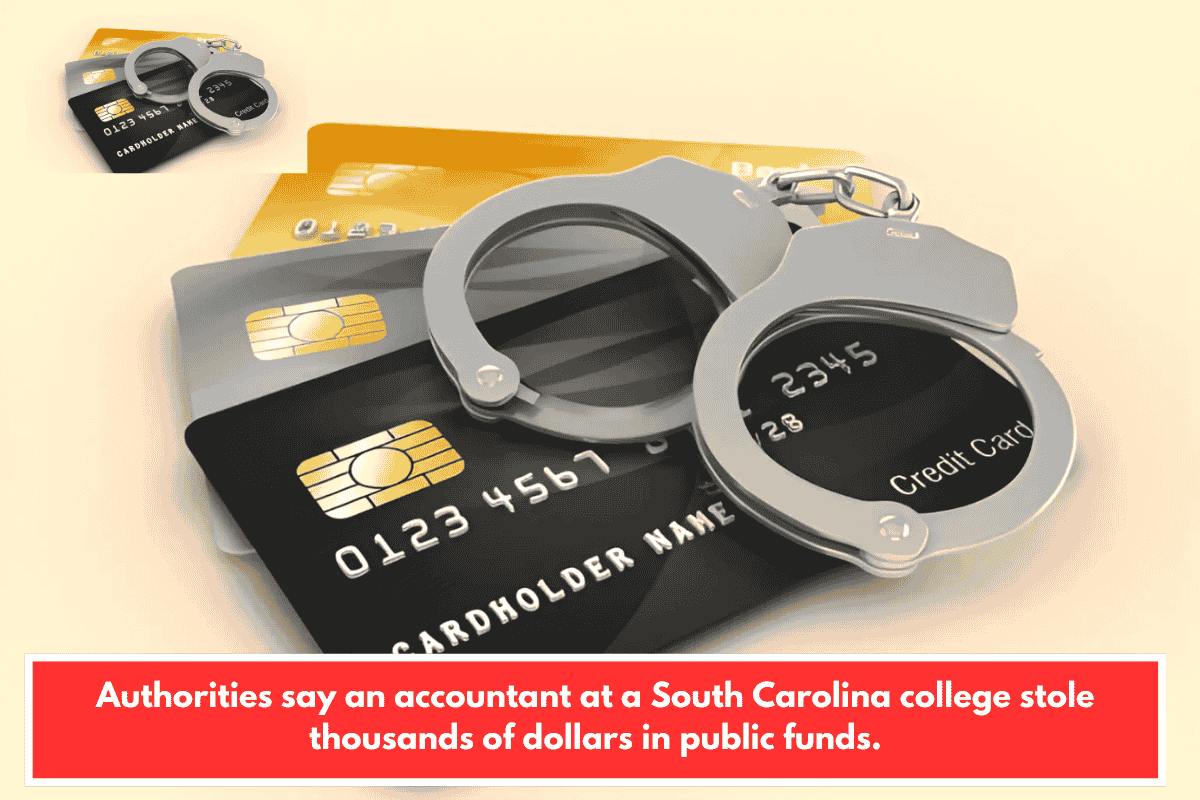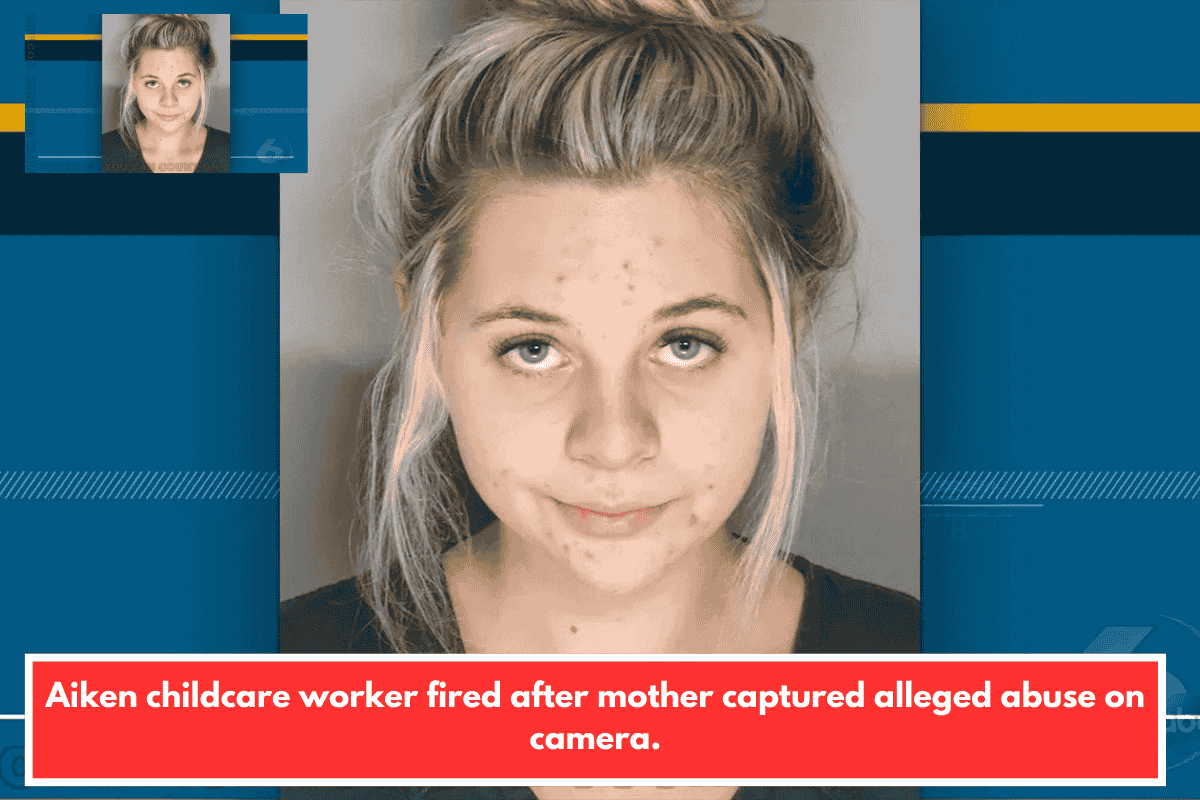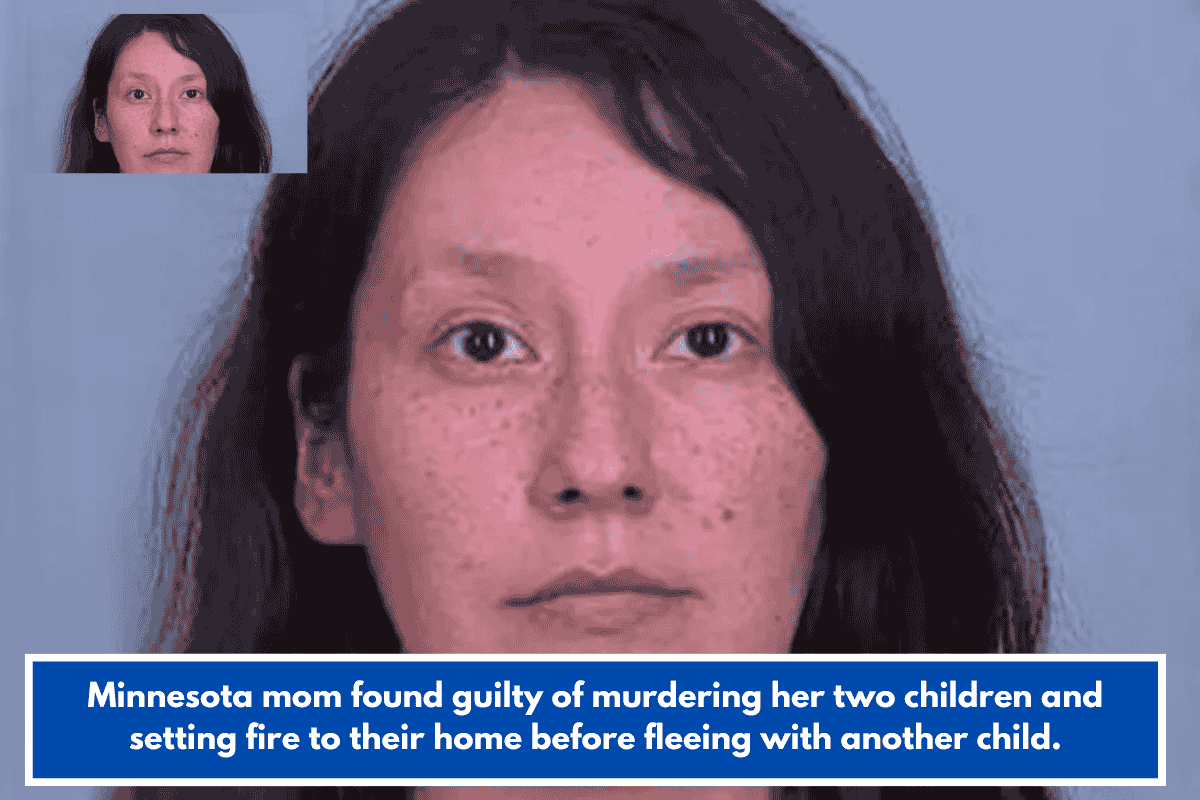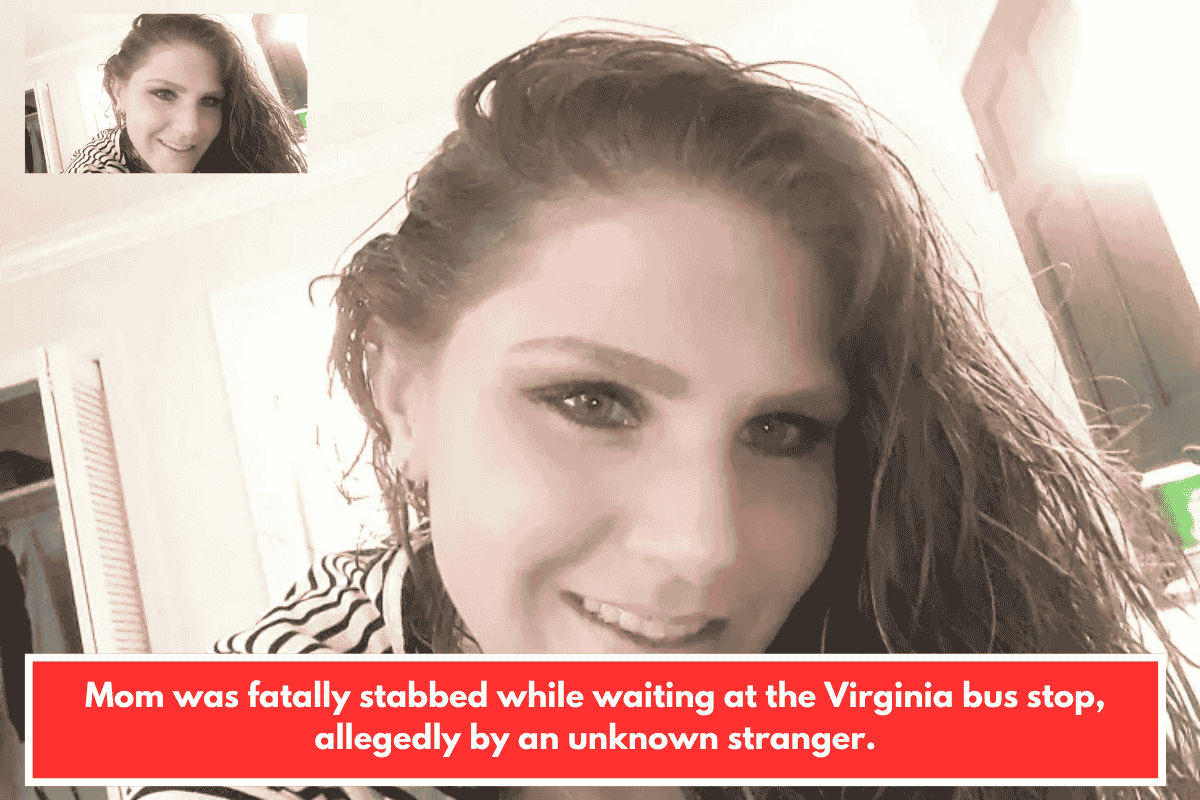As the cost of living continues to rise in many parts of the U.S., more individuals are looking for alternative living arrangements, and sleeping in your car has become a viable option for some. In Washington State, this has raised questions about the legality and safety of car sleeping, especially in urban areas like Seattle and Tacoma. If you’re considering sleeping in your car, here’s what you need to know about the laws in Washington regarding this practice.
1. No Statewide Law Prohibits Sleeping in Your Car
In Washington, there is no statewide law that outright prohibits sleeping in your car. However, local ordinances can vary depending on the city or county. This means the rules about sleeping in your car will often depend on where you are.
2. Local Ordinances and City Laws
Although car sleeping isn’t banned outright, many cities in Washington, especially urban areas, have ordinances or policies that may make it illegal to sleep in your car overnight in certain areas. For instance:
- Seattle: In Seattle, sleeping in your car in public spaces, such as streets or parks, is typically prohibited under Seattle Municipal Code 15.48.020, which regulates camping in public areas. However, the city has designated safe parking programs for people experiencing homelessness, allowing individuals to park in specific areas where they can sleep in their vehicles safely and legally. These designated zones offer safe and monitored parking spaces.
- Tacoma: Similarly, Tacoma also has rules about parking overnight in certain areas, and while it is generally allowed in private property or campgrounds, it is not legal to sleep in vehicles in certain public areas such as streets or near businesses.
- Other cities: Smaller cities and towns may have their own regulations, and some might not enforce a ban but could issue parking tickets for overnight stays in certain zones. Camping laws, in particular, apply to sleeping in cars in certain public spaces.
3. Potential Legal Issues
While there is no direct law prohibiting car sleeping, there are a few legal issues that could arise, such as:
- Parking Violations: If you park in a no-parking zone or in a place where overnight parking is restricted, you may be ticketed or towed.
- Trespassing: If you park on private property without the owner’s permission, you could be cited for trespassing.
- Public Nuisance: If your car is blocking traffic or causing a disruption, local authorities may consider it a public nuisance and issue a citation.
- Loitering: In some areas, sleeping in your car might be interpreted as loitering or camping in places not designated for such activities, leading to fines or legal action.
4. Safe Parking Programs
Washington State recognizes the growing issue of homelessness, and some cities, like Seattle, have implemented safe parking programs where individuals who sleep in their cars can park in designated lots, usually managed by nonprofit organizations or city authorities. These programs provide a safe, legal place to park overnight, often with support services for individuals who need assistance.
For example, Seattle’s Safe Parking Program provides temporary safe parking spaces for people living in their vehicles. These programs are designed to provide a safe, secure environment for people in need of shelter while they work on finding permanent housing solutions.
5. Sleeping in Your Car in Campgrounds
If you’re traveling through Washington State or looking for a more recreational car sleeping experience, consider using designated campgrounds. Washington State Parks and the National Park Service allow camping in designated areas, where you can safely sleep in your car. Many campsites offer facilities, such as restrooms and picnic areas, and may be a good option if you’re looking for a legal place to park overnight.
6. Homelessness and Car Sleeping
For people experiencing homelessness, sleeping in a vehicle can often seem like the most accessible option. Washington has seen an increasing number of people living in their cars, and local governments are working to address this through designated programs, outreach, and housing initiatives.
However, even if car sleeping isn’t strictly illegal in certain cities, many individuals without housing still face challenges such as fines, car impoundments, and displacement. Nonprofits, community groups, and social services in cities like Seattle, Tacoma, and Spokane are working to offer solutions.
7. Health and Safety Considerations
While sleeping in your car is not illegal in some areas, it’s important to consider your own health and safety. Some safety tips for car sleeping include:
- Ventilation: Always leave a small window open for air circulation to avoid carbon monoxide buildup.
- Security: Park in well-lit, populated areas and avoid sleeping in isolated areas that may feel unsafe.
- Comfort: Invest in comfort, such as sleeping pads, blankets, and a proper sleeping bag to ensure that your car remains livable during the night.
In Washington State, sleeping in your car is not automatically illegal; however, local laws, zoning ordinances, and private property rights can make it a complex issue. Cities like Seattle offer safe parking programs for those experiencing homelessness, but regulations differ across the state. If you are considering sleeping in your car, make sure you’re aware of local rules and consider using safe parking programs to avoid legal trouble and ensure your safety.
SOURCES
[1] https://kezj.com/what-is-the-law-for-sleeping-in-your-car-in-idaho-and-washington/
[2] https://newstalkkit.com/is-it-legal-to-sleep-in-your-car-in-wa-state/
[3] https://www.thezebra.com/resources/car-insurance/is-it-illegal-to-sleep-in-your-car/
[4] https://app.leg.wa.gov/rcw/default.aspx?cite=47.38.020
[5] https://kw3.com/ixp/113/p/is-it-legal-to-sleep-in-your-car-in-wa-state/














